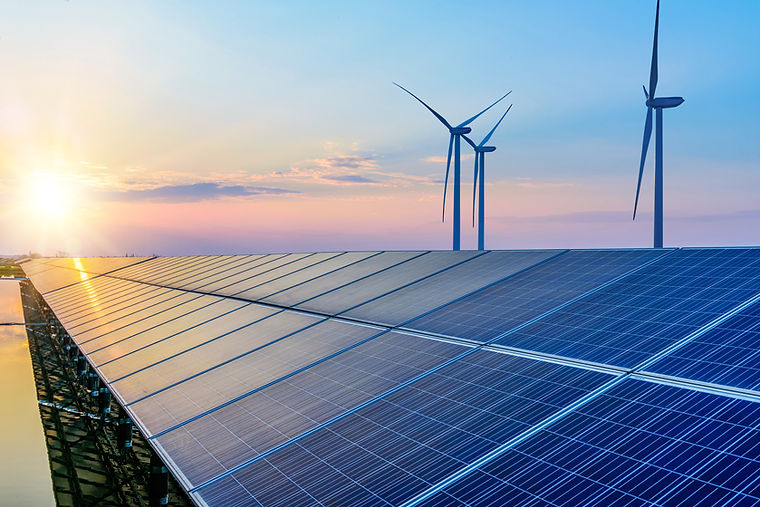
Introducing the Universal Energy Label
Saving Energy, Saving the Planet

The Problem
Our research shows that the manufacturing industry is the largest global consumer of energy. Yet, consumers are unaware of how much energy is required to produce the items they use and purchase daily. The Energy Label, recognizable by its orange labels on water heaters and large appliances, provides information on a product's energy usage over the course of a year, but there is no information currently available on the energy used during the production process.
Our Solution
Our solution aims to create a label that accurately displays the amount of energy required to produce a product. This will enable consumers to make informed decisions when purchasing products, and choosing items with lower energy usage numbers. As a result, products with lower energy usage will become more popular, and manufacturers will have to use less energy in production to meet consumer demand. This concept is based on the theory of consumer sovereignty.
Our solution offers a cost-free approach to promoting change and protecting the environment. By educating consumers and raising awareness, we aim to influence the manufacturing industry to reduce its energy usage. Manufacturers who adopt our label certification will display the UEL icon prominently on their products, alongside other informational markers such as the Energy Star. Our goal is to make the UEL label a recognizable and widely-used symbol of energy efficiency.

Our Label

Our product label currently displays the total energy used in production while providing a QR code link to our website should the consumer want to review the rest of the product information. Knowing the total energy used in production gives consumers an idea of the energy intensity of the product and the environmental impact of its production. It provides a baseline for comparison to other products, allowing consumers to make informed choices about the products they purchase.
For example, a product with a lower total energy used in production would generally have a lower carbon footprint and a lower impact on the environment, making it a more environmentally responsible choice for consumers who prioritize sustainability.
Our research shows the following information would likely be the most meaningful for consumer education.:
-
Energy Inputs: Information about the sources of energy used to produce the product, such as electricity, natural gas, or renewable energy.
-
Total Energy Use: An estimate of the total amount of energy needed to produce the product, from raw materials to finished product.
-
Energy Intensity: A measure of the energy used per unit of production, such as per kilogram of product or per square foot of production space.
-
Comparison to Industry Standards: A comparison of the energy use for the product to industry standards or similar products, allowing consumers to make an informed choice.
-
Environmental Impact: Information about the greenhouse gas emissions, air and water pollution, and other environmental impacts associated with the production of the product.
Providing this information to consumers can help them make informed choices about the products they purchase and encourage manufacturers to be more energy-efficient and environmentally responsible in their production processes.
While we've identified the above 5 data elements as the most impactful to consumer decision making, our current product page only provides 3 of the 5 data elements above. The other data points will be provided over time as our team continues to work to understand and gather the information needed for them.

